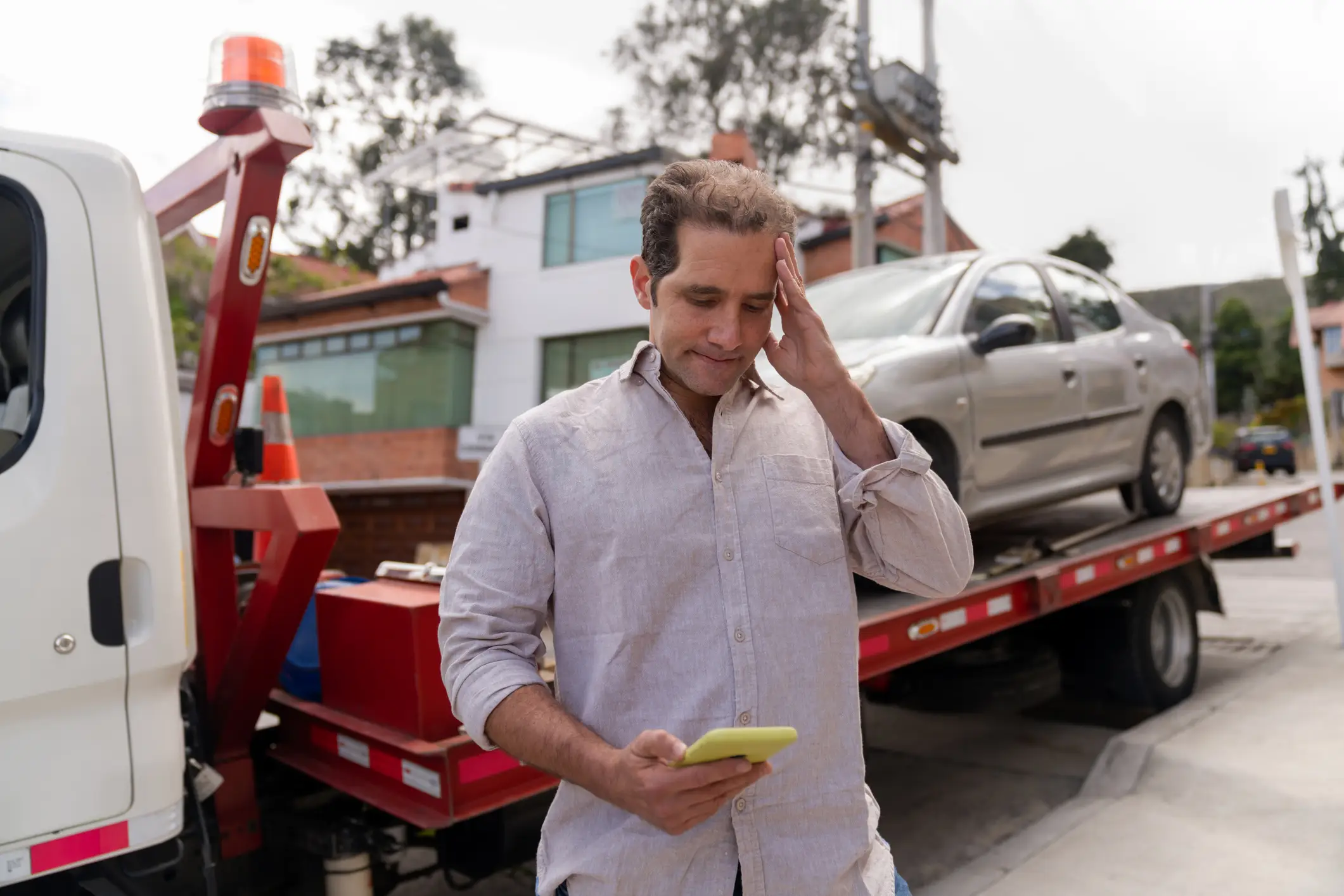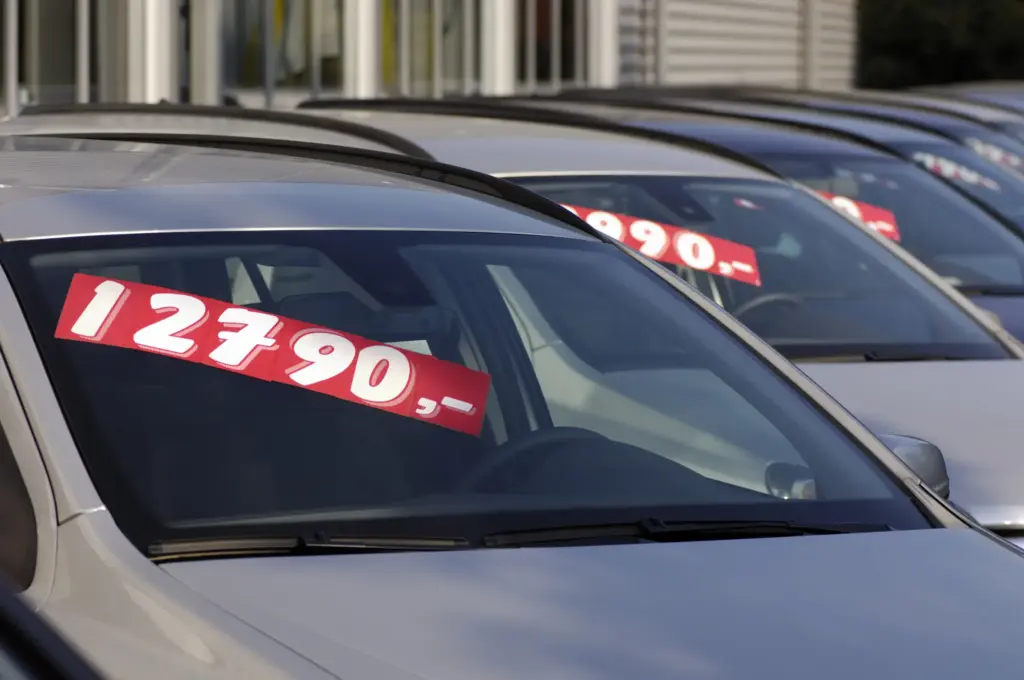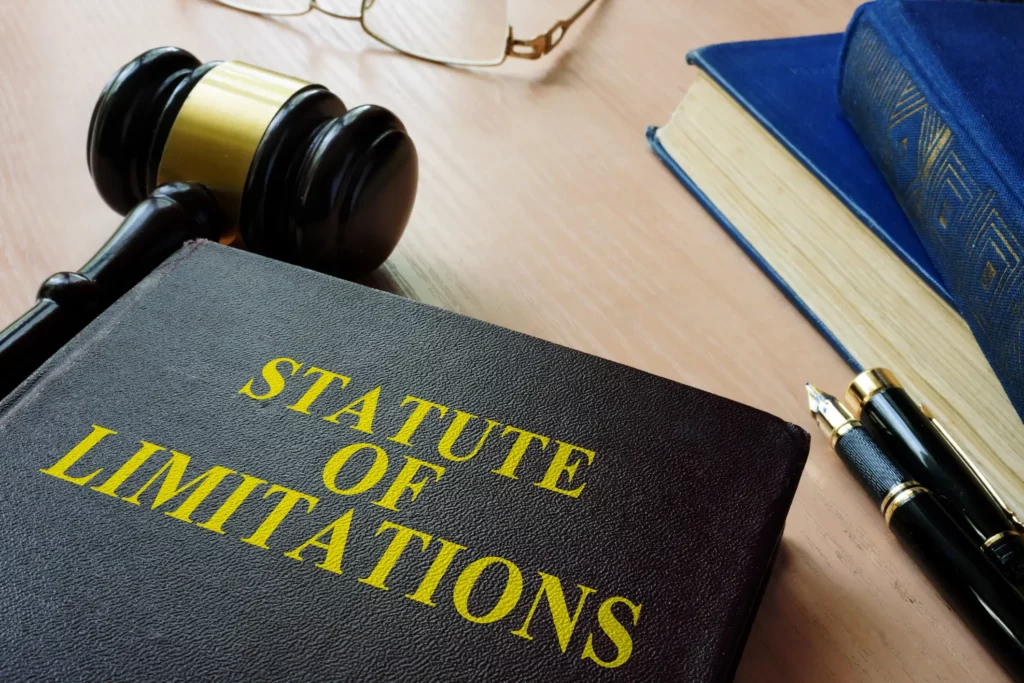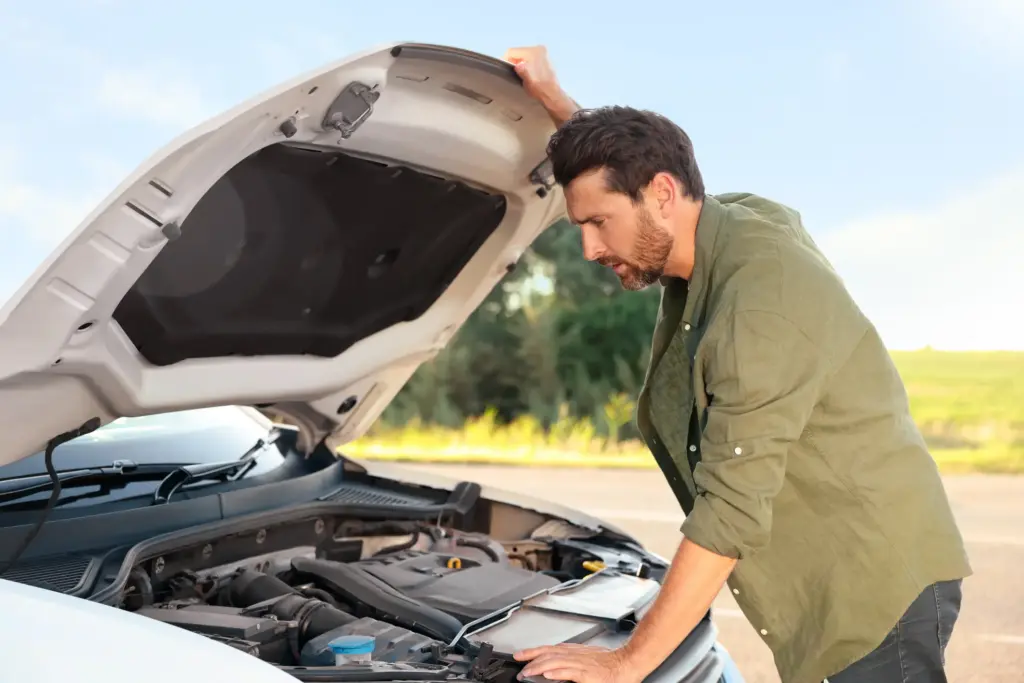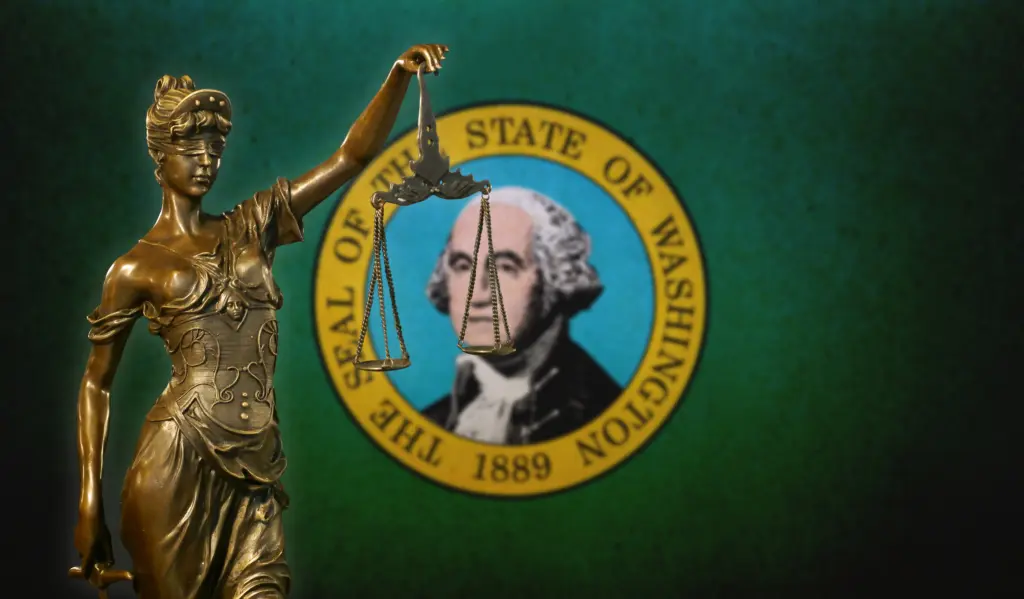You bought a used car, expecting a reliable ride to get you through daily commutes and weekend road trips. Instead, you find out it’s bad news, it’s a money pit—breaking down, racking up repair bills, and leaving you stranded. Sound familiar? You might be wondering if California’s Lemon Law can help.
At West Coast Trial Lawyers, we’ve seen countless clients in your shoes, and we’re here to cut through the confusion. Yes, Lemon Law can protect used car buyers, but only if your car meets certain rules. With new laws in 2025 tightening the clock, you need to act fast.
What Is California’s Lemon Law?
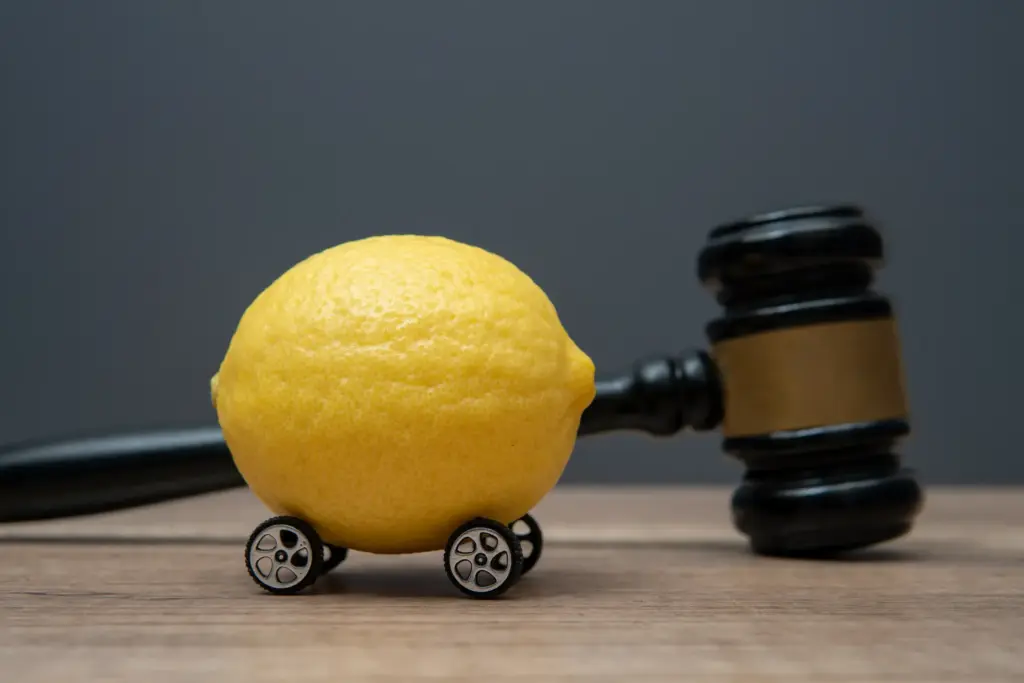
California’s Song-Beverly Consumer Warranty Act, better known as the Lemon Law, protects buyers who end up with vehicles that have serious, recurring defects affecting their use, value, or safety. While it’s often linked to new cars, used cars can qualify too—if they’re under warranty. The catch? Not every used car or problem makes the cut.
Does Lemon Law Apply to Used Cars?
Lemon Law does apply to used cars, but there are big limitations to them. A November 2024 California Supreme Court ruling (Rodriguez v. FCA US LLC) shook things up, saying Lemon Law’s strongest protections—a full refund or replacement vehicle—usually don’t apply to used cars with only the leftover portion of a manufacturer’s warranty. So, if you bought a used car from a dealership with part of the original factory warranty still active, you’re likely out of luck for those remedies. However, you might still have a case if your car falls into one of these categories:
- Certified Pre-Owned (CPO): Vehicles sold through a manufacturer’s CPO program come with a new warranty, which can qualify for Lemon Law.
- Dealer-Owned or Demonstrator Vehicles: Cars previously used by the dealership (e.g., loaners or demos) sold with a new warranty may be covered.
- Dealer-Issued Warranty: If the dealer provides a written warranty (even a short one, like a 30-day powertrain guarantee), Lemon Law can apply.
If your car was sold “as-is” with no warranty, Lemon Law almost never applies—unless you can prove the dealer lied about the car’s condition or hid major defects, which falls under fraud laws, not Lemon Law. These fraud cases are tough to win, so talk to a lawyer to explore your options.
What Qualifies as a “Lemon” Used Car?
For your used car to count as a lemon, it must meet these key requirements:
- Active Warranty: The car must be covered by a manufacturer’s warranty, CPO warranty, or dealer warranty at the time the defect appears. No warranty, no Lemon Law claim.
- Serious Defect: The problem must significantly affect the car’s use (e.g., it won’t start), value (e.g., major engine damage), or safety (e.g., faulty brakes). Minor issues like a broken radio or cosmetic scratches don’t count.
- Reasonable Repair Attempts: The dealer or manufacturer must have had a fair shot to fix the defect. California’s lemon law kicks in if:
- The defect required two or more repair attempts and is likely to cause death or serious injury
- The same non-safety defect needed three or more repair attempts
- The car was out of service for 30 or more cumulative days for warranty repairs. Even if you don’t hit these marks, you could still have a case if the defect is severe and repairs failed.
New Lemon Law Changes in 2025: Act Fast
Big changes have already been implemented. Assembly Bill 1755, signed into law in September 2024 and effective January 1, 2025, could make it harder for consumers to file Lemon Law claims. Here’s what you need to know:
Shorter Time to File
You now have only one year after your warranty expires or six years from the vehicle’s delivery date, whichever comes first, to file a claim. For a used car with a 30-day dealer warranty, that could mean just 13 months from purchase. The old four-year rule is gone, so don’t wait.
Written Notice Required
Before you can seek penalties (like up to double your damages), you must notify the manufacturer in writing about the defect. Miss this step, and you could lose out.
Negative Equity Deduction
If you win a refund, the manufacturer can subtract any negative equity (the amount you owe on your car loan above the vehicle’s value—averaging $6,000). This could leave you with less cash or stuck with a loan.
These changes tip the scales toward manufacturers, so start building your case now.
Steps to Take If Your Used Car Is a Lemon
Think you’ve got a lemon? Here’s how to fight back:
Check Your Warranty
Confirm your car is still under a manufacturer’s, CPO, or dealer warranty. Dig out the paperwork or call the dealership to verify.
Keep Every Record
Save all repair orders, receipts, and emails with the dealer. Jot down dates, what the mechanic said, and how the defect affects your car (e.g., “Car stalls on the freeway, unsafe to drive”).
Give Repair Chances
Let the dealer or manufacturer try to fix the problem. Aim for the “Lemon Law Presumption” thresholds (two safety repairs, four non-safety repairs, or 30 days in the shop), but even one failed attempt might be enough for a severe defect.
Send a Demand Letter
Write to the manufacturer (not just the dealer) detailing the defect, repair attempts, and your demand for a refund or replacement. Send it by certified mail for proof. As of 2025, this step is mandatory for penalties.
Call West Coast Trial Lawyers
Our Lemon Law attorneys will review your case, handle the paperwork, and negotiate hard—all at no upfront cost to you. We don’t get paid unless you win.
Call WCTL; Don’t Let a Lemon Ruin Your Day!
A lemon isn’t just a hassle—it’s a financial and emotional drain. You shouldn’t have to keep pouring money into a vehicle that doesn’t work, especially when California law gives you rights and protections for this very reason.
At West Coast Trial Lawyers, we’ve helped thousands of clients turn their lemon nightmares into victories. With the 2025 law changes shrinking your window to act, there’s no time to waste.
Call us today for a free consultation at (213) 927-3700 or filling out our convenient online contact form, and let’s get you back on the road with a car that actually works—or your money back.
Frequently Asked Questions
What Can You Win in a Lemon Law Case?
If your used car qualifies and you win, you could get:
- A full refund of what you paid, including taxes, fees, and finance charges (minus negative equity under the new 2025 law).
- A replacement vehicle of similar value (less common for used cars post-Supreme Court ruling).
- Reimbursement for repair costs, towing, rental cars, and other expenses tied to the defect.
- Legal fees paid by the manufacturer, meaning you pay nothing upfront with a contingency lawyer like West Coast Trial Lawyers.
Winning isn’t a slam dunk, though. You’ll need solid proof—like repair receipts and dealer communications—and the process can take months. A lawyer boosts your odds big time.
What Are The Car Dealer’s Responsibilities Under California Law
Used car dealers in California have clear duties:
- Disclose Lemon Law Buybacks: Per Assembly Bill 1215 (2013), dealers must tell you if the car was repurchased under Lemon Law and get your signed acknowledgment.
- Report Known Defects: Dealers can’t hide major issues or prior accidents they know about (California Civil Code § 1793.23).
- Honor Warranties: Any written warranty, even a 30-day one, must be upheld.
If a dealer dodges these rules—say, by selling a lemon buyback without disclosure or lying about the car’s history—you might have a fraud or consumer protection case, even for an “as-is” sale. These are tricky, so get legal advice.
Out-of-State Buyers: Are You Covered?
California’s Lemon Law applies if your car was:
- Bought or leased in California, or
- Registered in California with an active warranty at the time of sale.
If you purchased your used car out-of-state but it’s registered here, you might still have rights under federal warranty laws (like the Magnuson-Moss Warranty Act) or California’s consumer laws. Out-of-state Lemon Laws are often weaker, so a lawyer can help you figure out which rules apply.
